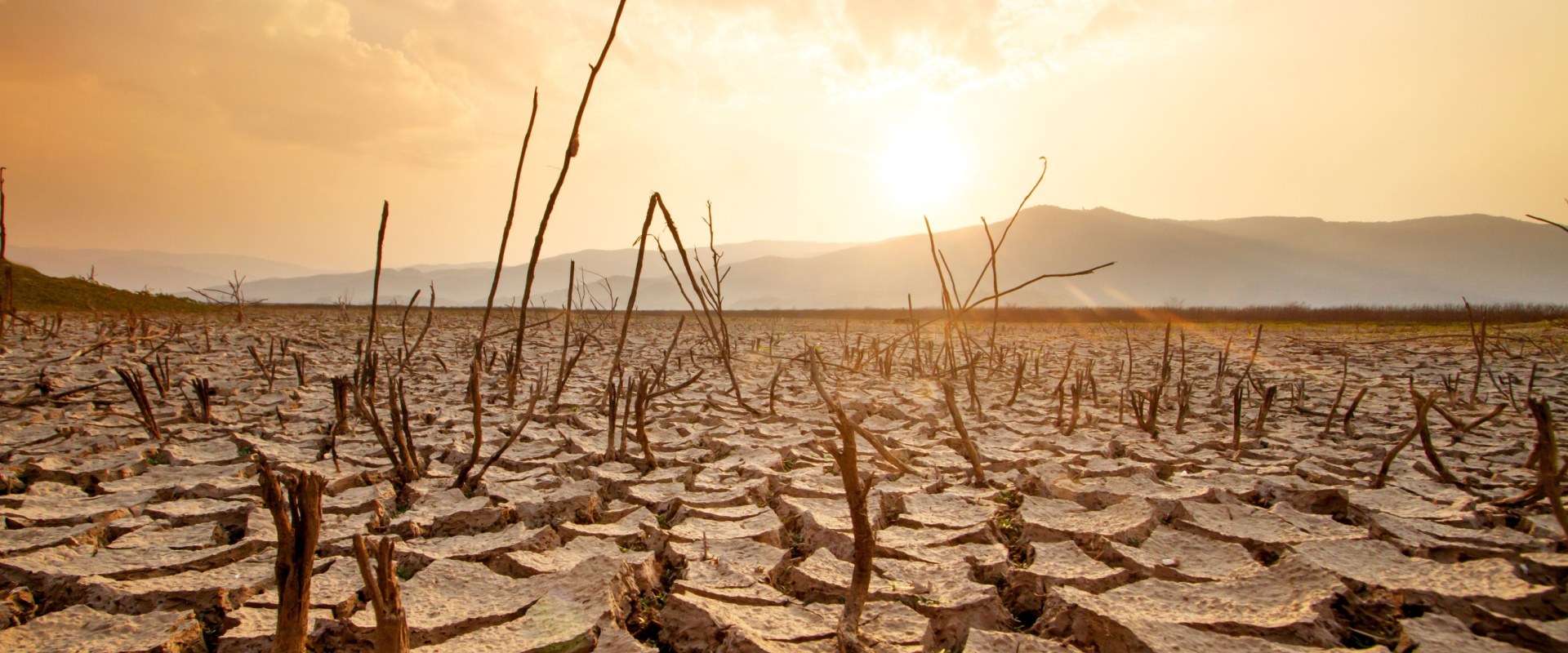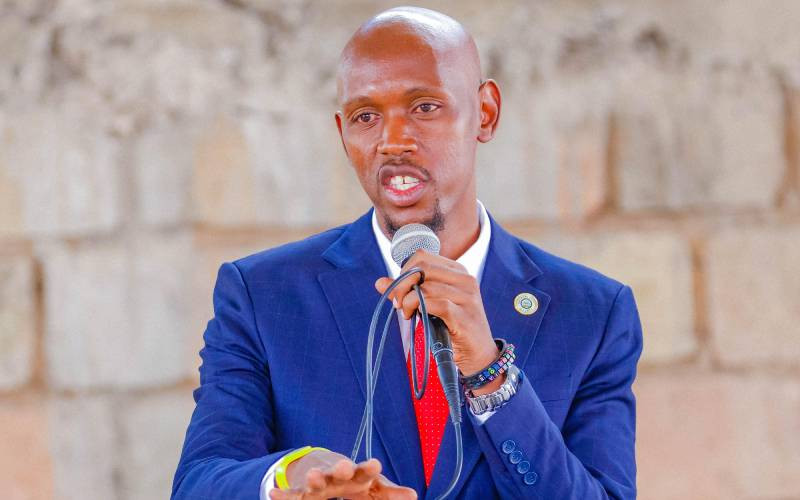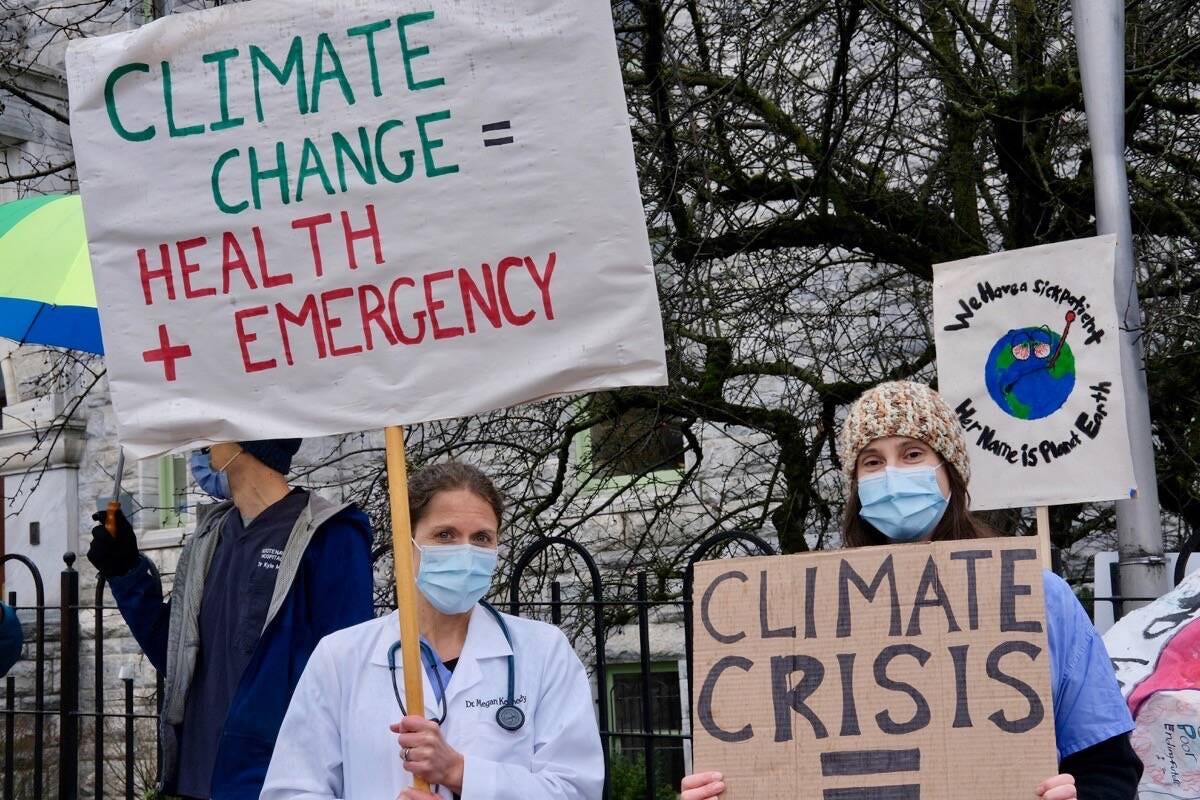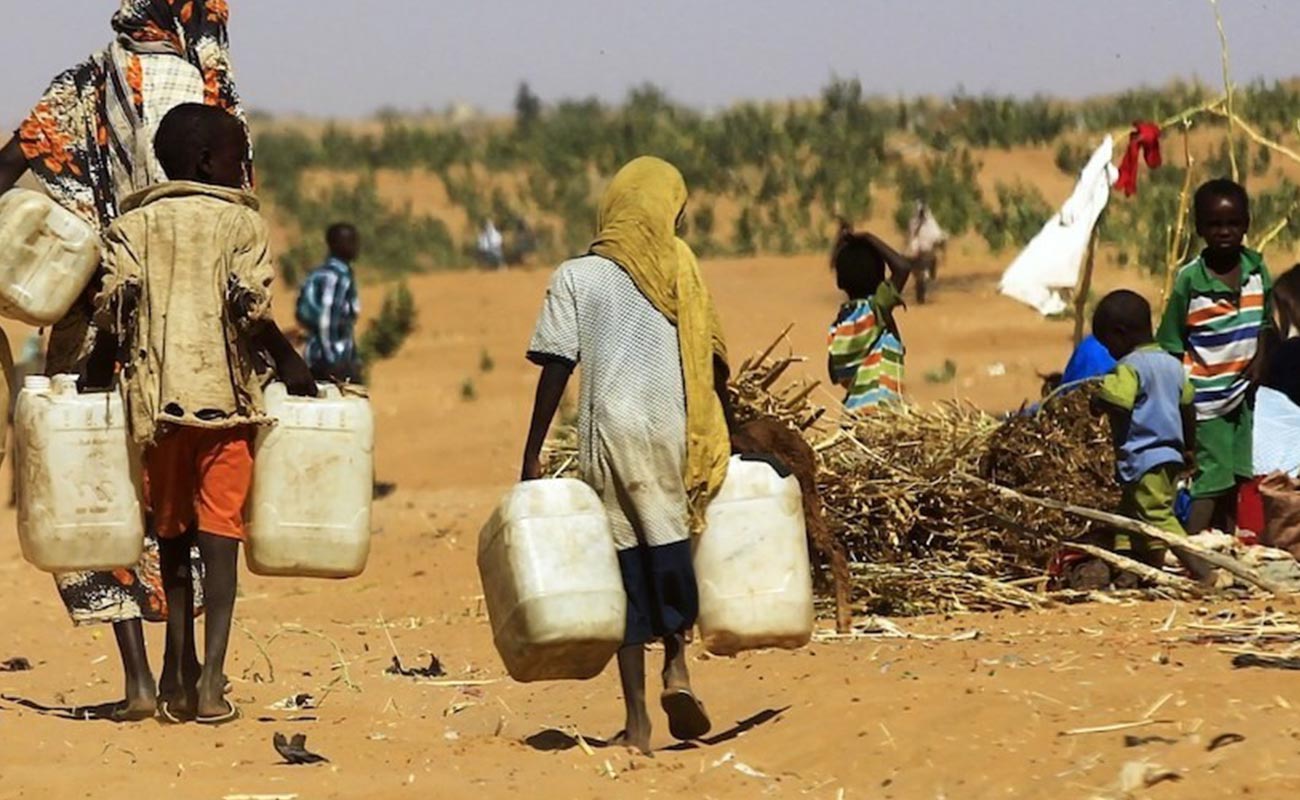- Kenya is preparing to host a landmark gathering later this month as leaders, policymakers, investors, and activists converge in Nairobi for the Climate Action Summit 2025, Road to COP30. Scheduled for October 28–30 at the Kenya School of Government, the summit is being framed as more than another round of speeches. Organizers say it is designed to transform promises into tangible action, with Kenya positioning itself as a continental leader in climate solutions.
Kenya is preparing to host a landmark gathering later this month as leaders, policymakers, investors, and activists converge in Nairobi for the Climate Action Summit 2025, Road to COP30.
Scheduled for October 28–30 at the Kenya School of Government, the summit is being framed as more than another round of speeches. Organizers say it is designed to transform promises into tangible action, with Kenya positioning itself as a continental leader in climate solutions.
At the heart of the summit will be the unveiling of a Climate Implementation Charter, a blueprint meant to align the national government, county administrations, the private sector, and civil society under one coordinated climate agenda.
Alongside this, a Climate Action Delivery Unit will be launched to track and monitor progress, a move aimed at ensuring accountability and transparency, areas where many past climate pledges have fallen short.
The gathering comes at a critical moment. Africa’s second Climate Summit, which happened in Addis Ababa in September 2025, highlighted the pressing need for equity and reliability when financing climate across the continent.
Read More
With global negotiations approaching at COP30 in Brazil, Nairobi’s summit is expected to amplify Africa’s collective voice on issues of adaptation, renewable energy, and climate justice.
Kenya’s President William Ruto, who has emerged as one of the continent’s strongest climate advocates, has repeatedly argued that African nations should not be forced into “climate blood pacts” of broken promises from wealthy nations.
Besides policy discussions, the summit is expected to showcase a pipeline of investable projects in renewable energy, agriculture, water management, and restoring the ecosystem.
These projects are meant to attract climate financing from not only international donors but also private investors looking for green opportunities across the continent. Analysts suggest this could be a good decisive moment for Kenya to demonstrate how climate action can also drive economic transformation.
Still, challenges loom large. Kenya and its neighbors continue to face devastating floods, prolonged droughts, and food insecurity that underscore the human toll of climate change.
Civil society groups warn that unless grassroots voices, particularly those of farmers, women, and youth are given a seat at the table, the summit risks being another elite gathering disconnected from lived realities.
For Kenya, success will not be measured by the size of the conference halls or the speeches delivered, but by whether commitments translate into lasting change.
As the world looks toward COP30, Nairobi now has the opportunity to lead Africa in redefining climate action, shifting the narrative from pledges to projects, and from talk to tangible impact.







